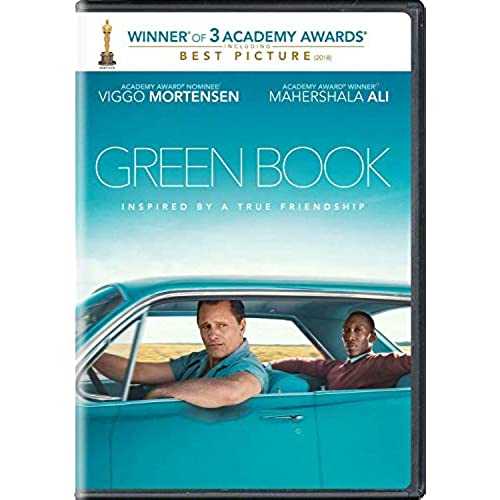

Green Book
-

Lillian Tapps
> 3 dayA very good story about how African Americans had to travel to be safe during the Jim Crow days in the South.
-

Josh
> 3 dayGreat movie I’ve never heard of. Would recommend it to others.
-

Chocolate Dryad
> 3 dayThis movie gives you a point of view we all need to see and learn from. We all bleed red. We are all one
-

JL
> 3 dayAn inspiring true story Shares a period in US history well worth being aware of. Accomplished with exceptional acting and story line.
-

Taquesha Johnson
Greater than one weekA very touching and inspirational movie! I love it and have watched it several times.
-

Darius
03-06-2025Watched it.
-

Toña
> 3 dayThis movie is amazing!
-

Toria H.
> 3 dayThe storyline is about 2 individuals with different backgrounds find unexpected commonalities when cultural & society views differ. The story was based on true events. Great to watch over and over.
-

Dennis Clancy
> 3 dayAmazon charges,sad,but a great movie
-

frequent user
> 3 dayWell made movie based on facts without having to shoot and blow people up. No need for idiotic super heroes. Real human heroes that did human things. Glad I saw it.
